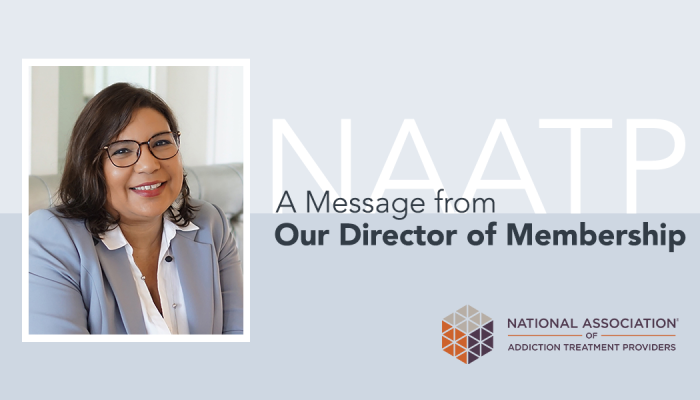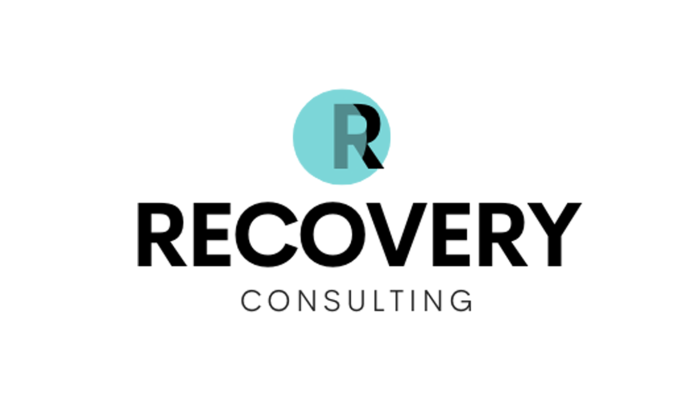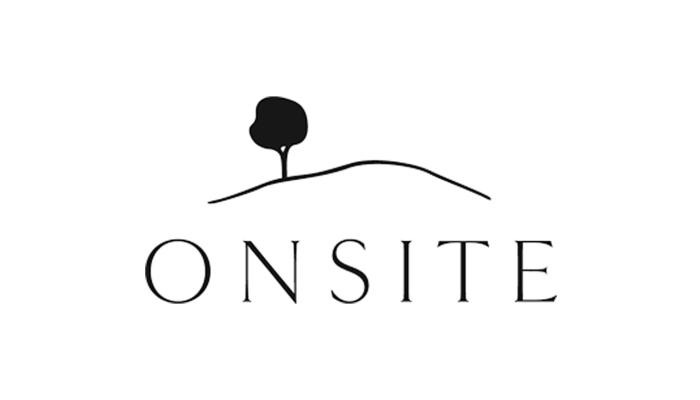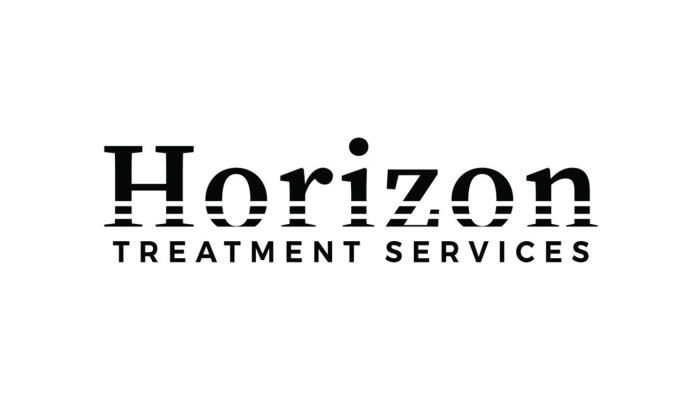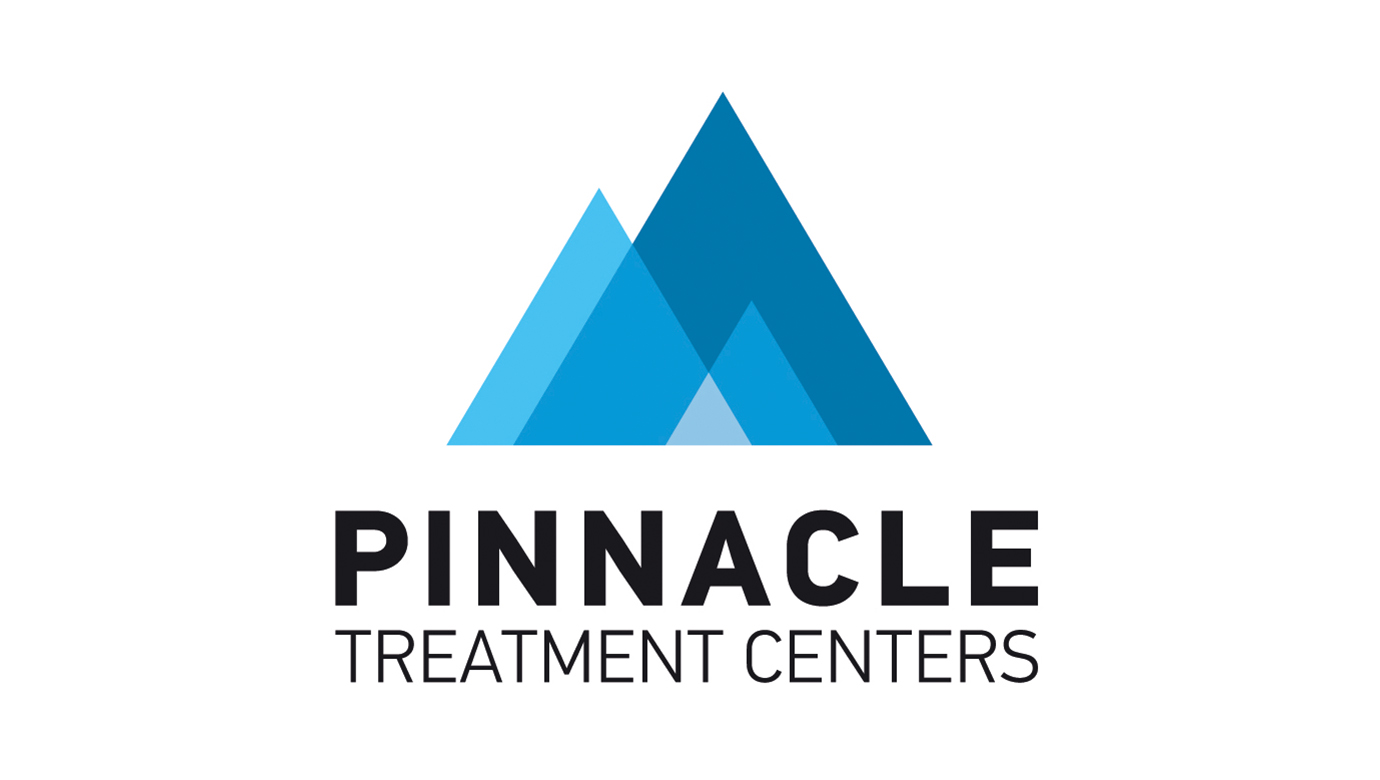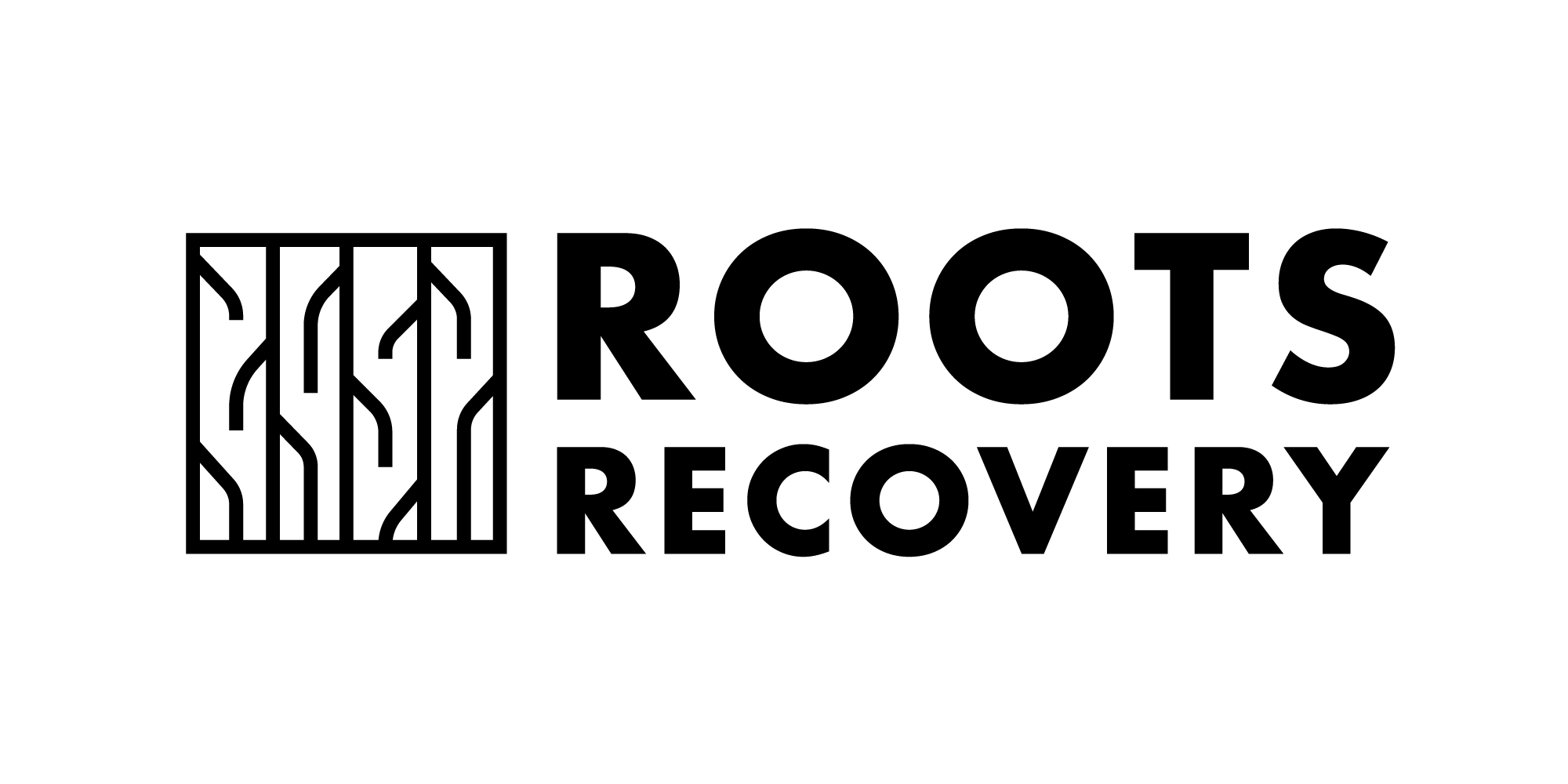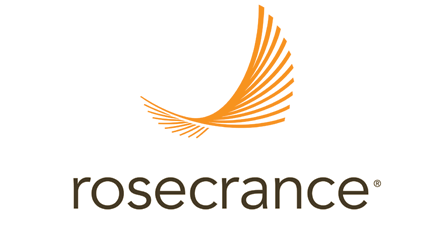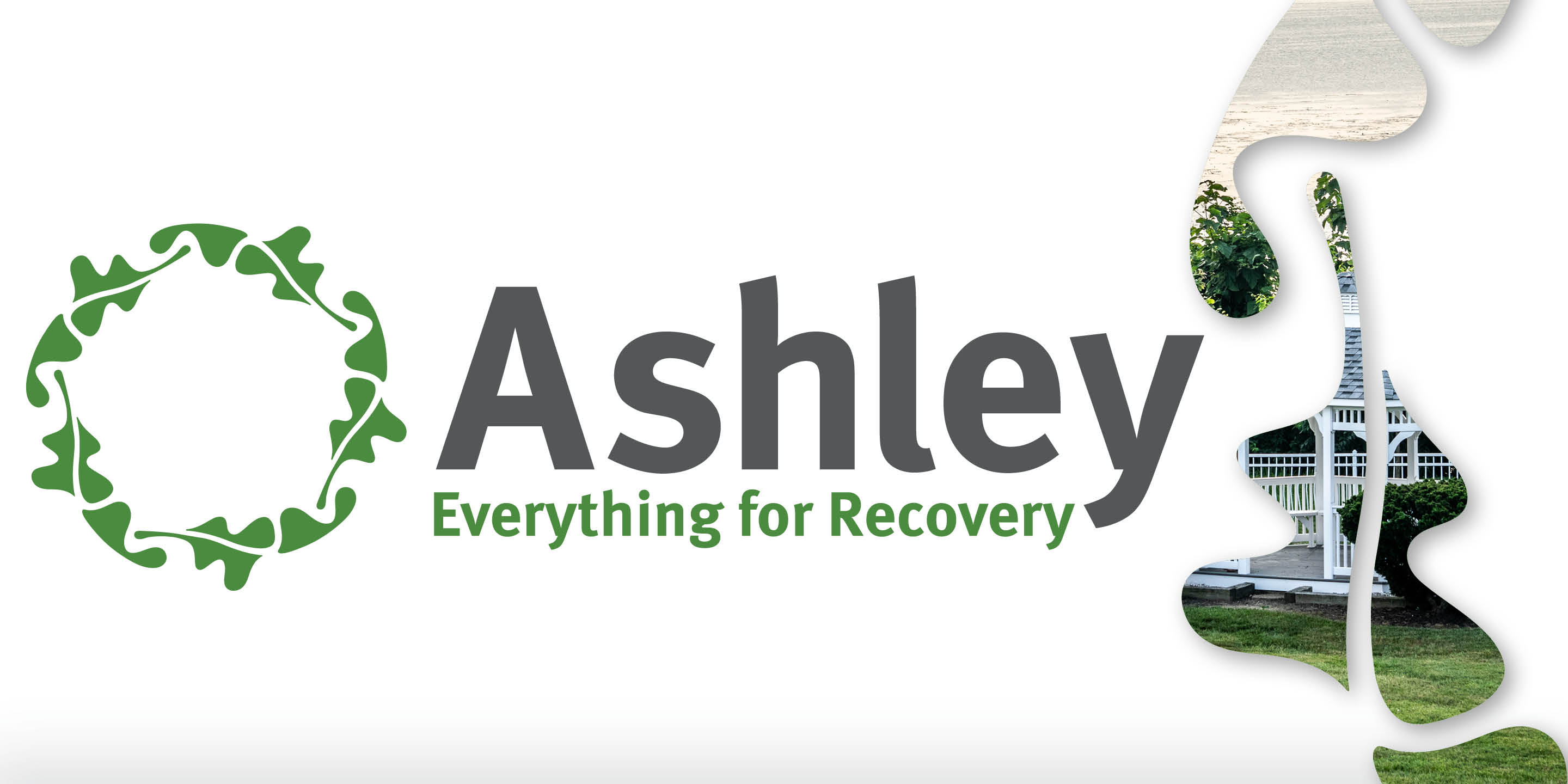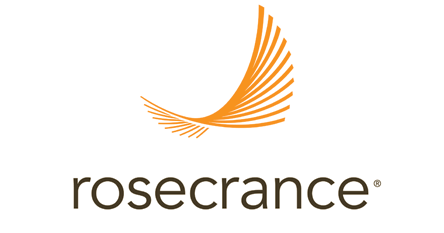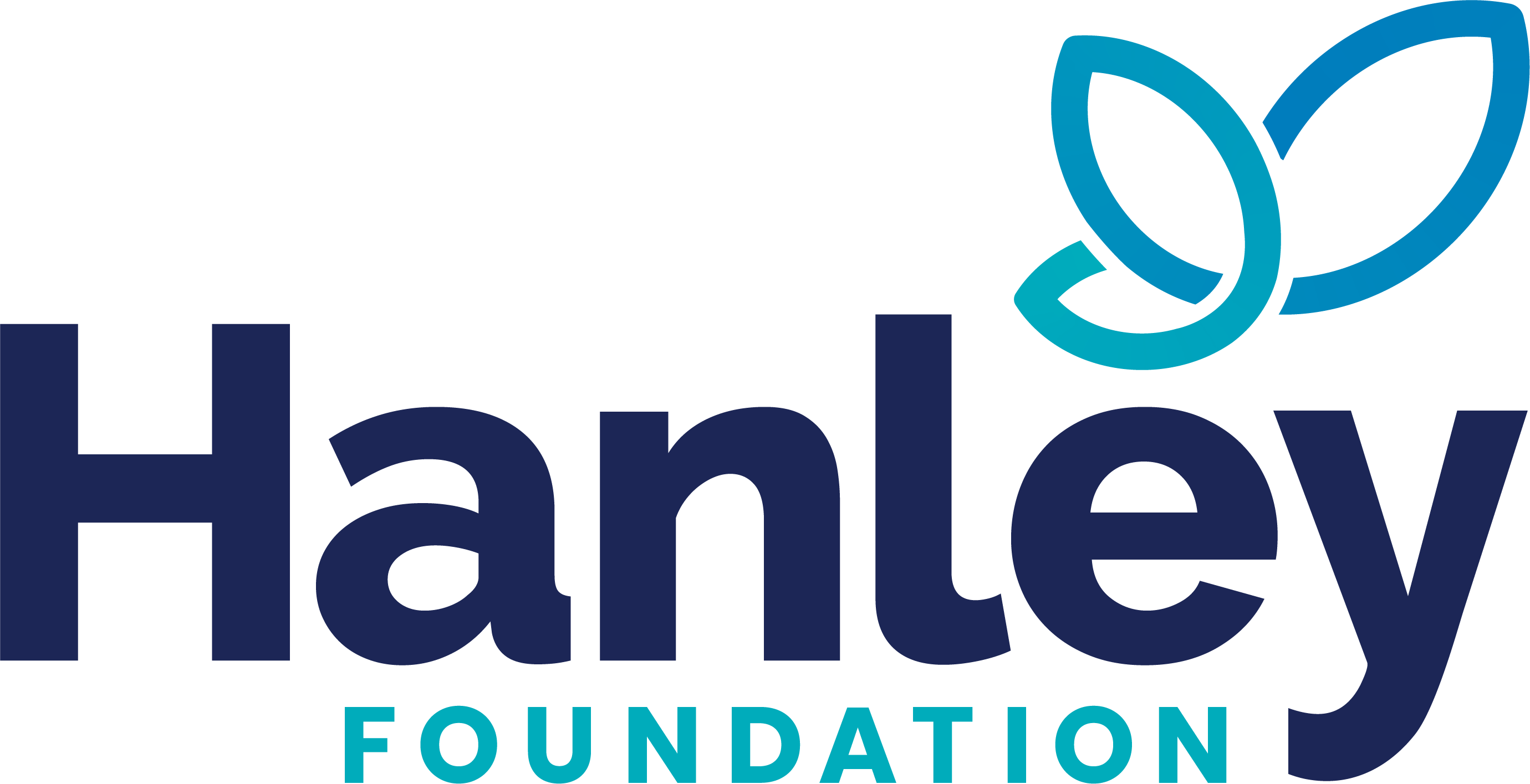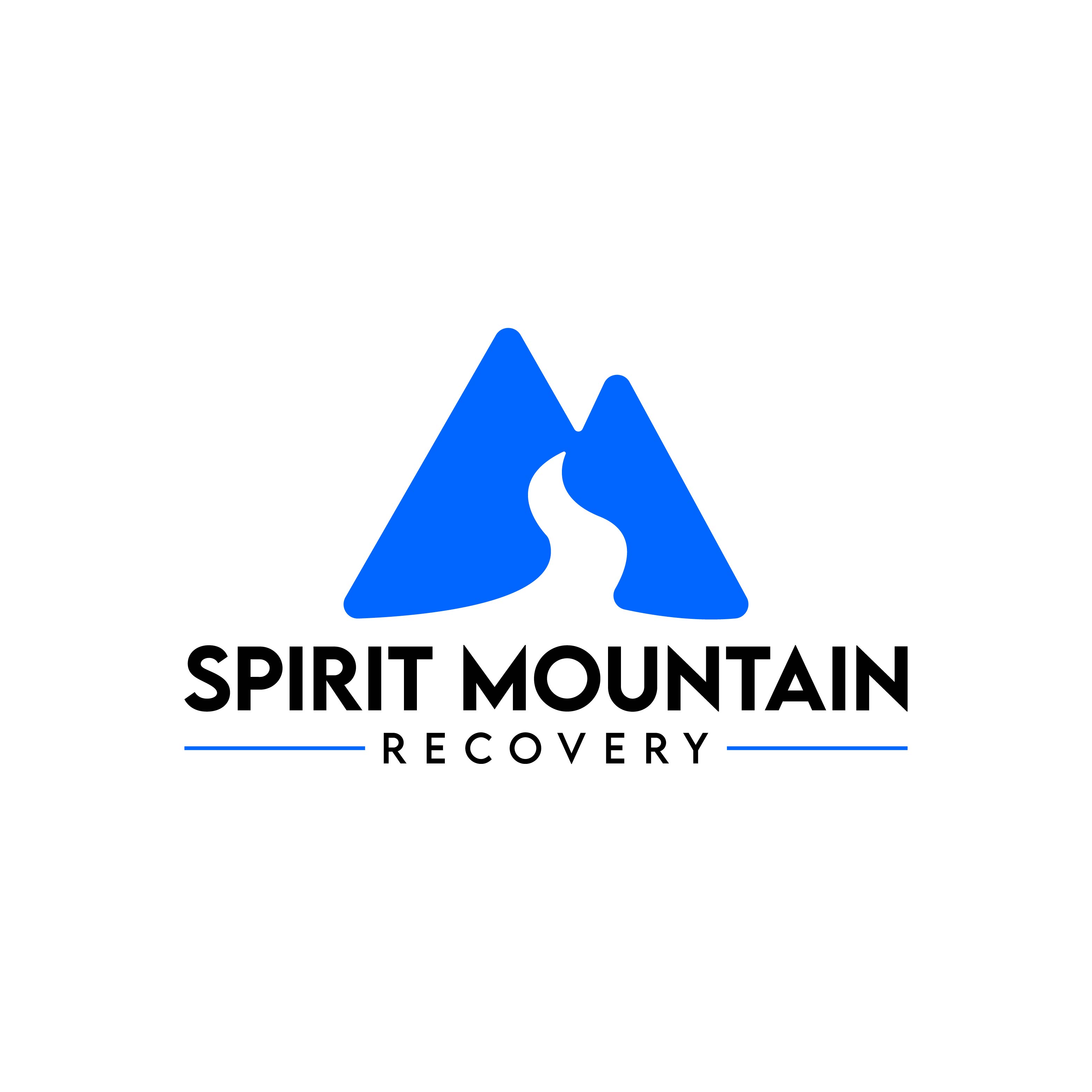Have you ever found yourself wondering if a client may be having thoughts of suicide, but you feel unsure of how to ask them, or what to do next? What if they say yes?
Talking about suicide is one of the most stigmatized topics in our world, and it’s common for both clients and providers alike to experience discomfort when it comes up. This interactive workshop is designed to support clinicians and other care providers in feeling more confident when engaging in conversations around suicide.
The beginning of the workshop will focus on increasing knowledge and understanding of suicide and suicide prevention. Participants will learn a foundation of contemporary theory that helps to understand suicidal thought and behavior, as well as debunk some common myths. We will reflect on possible barriers to assessing confidently, and explore personal bias, internalized stigma, or other common reactions that may arise.
Participants will learn an overview of core engagement skills and a crisis intervention model, as well as specific tools for assessing for suicide in a de-stigmatizing and culturally responsive way.
Together, we will engage in experiential activities to practice asking assessment questions and grow the practical skills they have learned throughout the workshop. Note: Participants are expected to be available on camera during this workshop and willing to engage in discussion throughout the workshop.
Amy White, LCSW has worked in the social service field for over 15 years and is passionate about trauma informed care, de-stigmatizing conversations about mental health, and workforce wellness. She has worked with a variety of populations in various settings including; residential substance use treatment, emergency housing, and educational settings. Amy earned her MSW from Portland State University in 2017 and then joined Lines for Life as a Crisis Intervention Specialist. After several years of crisis work she joined the training team where she developed an expanded curriculum and new hire-training program. In her current role of Assistance Director of Clinical Training she helps inform clinical best practices and oversees internal curriculum development.





